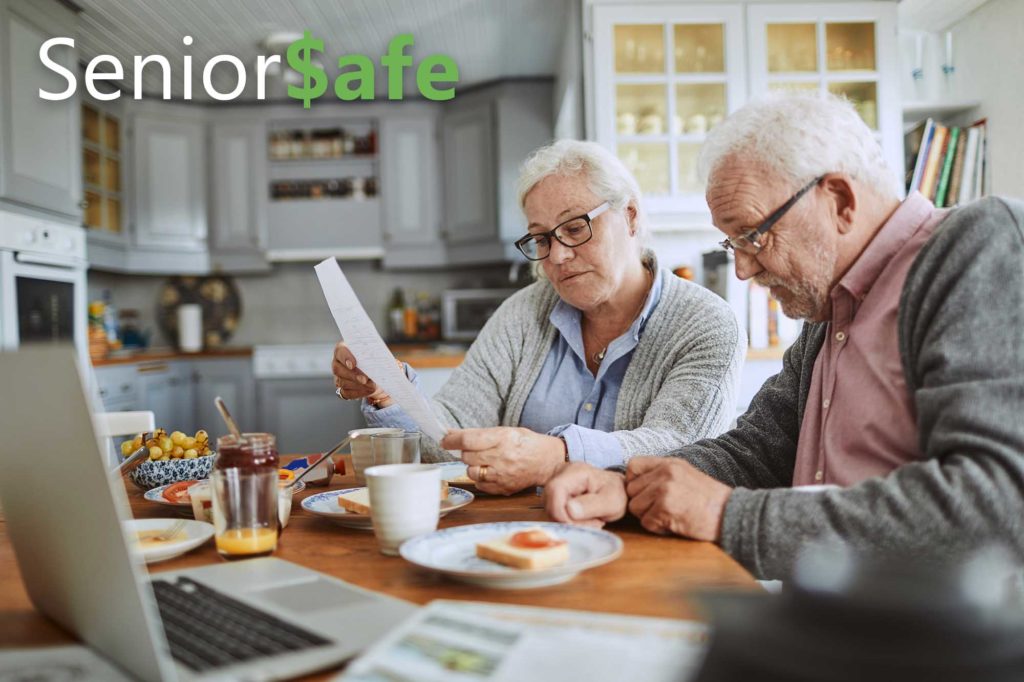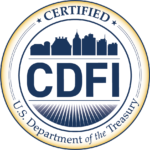
Elder Fraud is More Common Than We Think
June 11, 2019
Senior financial exploitation and fraud is the illegal or improper use of a senior’s resources for another’s profit or advantage.
Exploitation usually involves someone the senior knows, such as a family member or caregiver. Fraud is usually perpetrated by a stranger, such as a telemarketer or investment promoter.
Experts in elder fraud prevention believe that simple preventive steps can significantly increase your financial safety and decrease the chances you will become a target for financial exploitation or fraud.
Quick Tips
-
- Use caution utilizing joint accounts as a method of planning for incapacity, avoiding probate or getting help with bill paying
- Don’t talk to strangers about your financials
- Speak to a trusted professional advisor
- Protect your financial information
Where do you fall on the vulnerability scale?
Are the conditions of your current situation ripe for potential exploitation or fraud? You may be at an increased risk if any of the situations below apply to you.
Vulnerability Factors
-
- Recent loss of a spouse or partner and/or social isolation
- Dependent on someone to provide everyday care, transportation or other services
- Financially responsible for an adult child, grandchild or other family member
- Recent change in health or depression
- Frequent mistakes in managing finances or feeling overwhelmed in managing household budget or investments
- Excessive anxiety about finances, running out of money regularly at the end of the month
- Willingness to listen to telemarketing or other calls from unknown parties, attend commercial “free lunch” seminars, or investigate work-at-home or other business opportunities
Take action to protect yourself
- As a precaution, put all your phone numbers on the DO NOT CALL List. Call 1-888-382-1222 or visit www.donotcall.gov. But don’t expect all calls to stop, especially from determined scammers.
- DO NOT accept calls from any person you do not know. Use caller ID, and don’t answer the phone if you don’t recognize the telephone number. Studies show that consumers who answer unsolicited telephone calls are much more likely to be scammed than those who do not answer.
- If necessary, get an unlisted telephone number.
- NEVER give out personal information to strangers in response to texts, emails, or calls regardless of who they claim to be or where they claim to be calling from.
- NEVER wire money to strangers under any circumstances regardless of who they claim to be or how urgent the situation.
- Review your financial account statements at least monthly and contact your financial institution, credit card issuer or other provider immediately if you see unauthorized charges or other issues.
- Consider enlisting a trusted family member or reputable bill-paying service. Consult your local Area Agency on Aging for help with routine payments.
- Monitor your credit report at least annually by visiting www.annualcreditreport.com or by calling 1-877-322-8228.
- Use a document shredder for all discarded paperwork and credit card offers.
- Remember, there’s no such thing as a sure thing. It is illegal to participate in foreign lotteries. You can’t win a contest you didn’t enter. That windfall you’ve been promised is a scam. Don’t be a victim!
- Use caution when utilizing joint accounts as a method of planning for incapacity or getting help with paying your bills. Both parties are equal owners and have equal access. Talk to your financial institution, attorney or your local Area Agency on Aging to learn about all of your options for assistance with your finances.
- Execute a power of attorney only if you can appoint an agent you trust completely and only after consultation with an attorney. Be aware of gifting clauses in power of attorney documents. You can and should limit the power you give your agent. Only grant authority that is absolutely necessary.
- NEVER convey or quitclaim an interest in real estate without consulting an attorney.
Senior$afe Resources
Office of Aging and Disability Services Adult Protective Services
1-800-624-8404
Provides services to protect incapacitated and/or dependent adults.
Legal Services for the Elderly
1-800-750-5353
Provides free, high-quality legal services to Maine’s socially and economically needy elderly age 60 and over.
Local Area Agency on Aging
1-877-353-3771
Provides answers on aging and access to resources that help older and disabled adults live well in their homes and communities.

Senior$afe is a project of Maine financial institutions in partnership with the Maine Department of Professional and Financial Regulation, Office of Aging and Disability Services Adult Protective Services.




